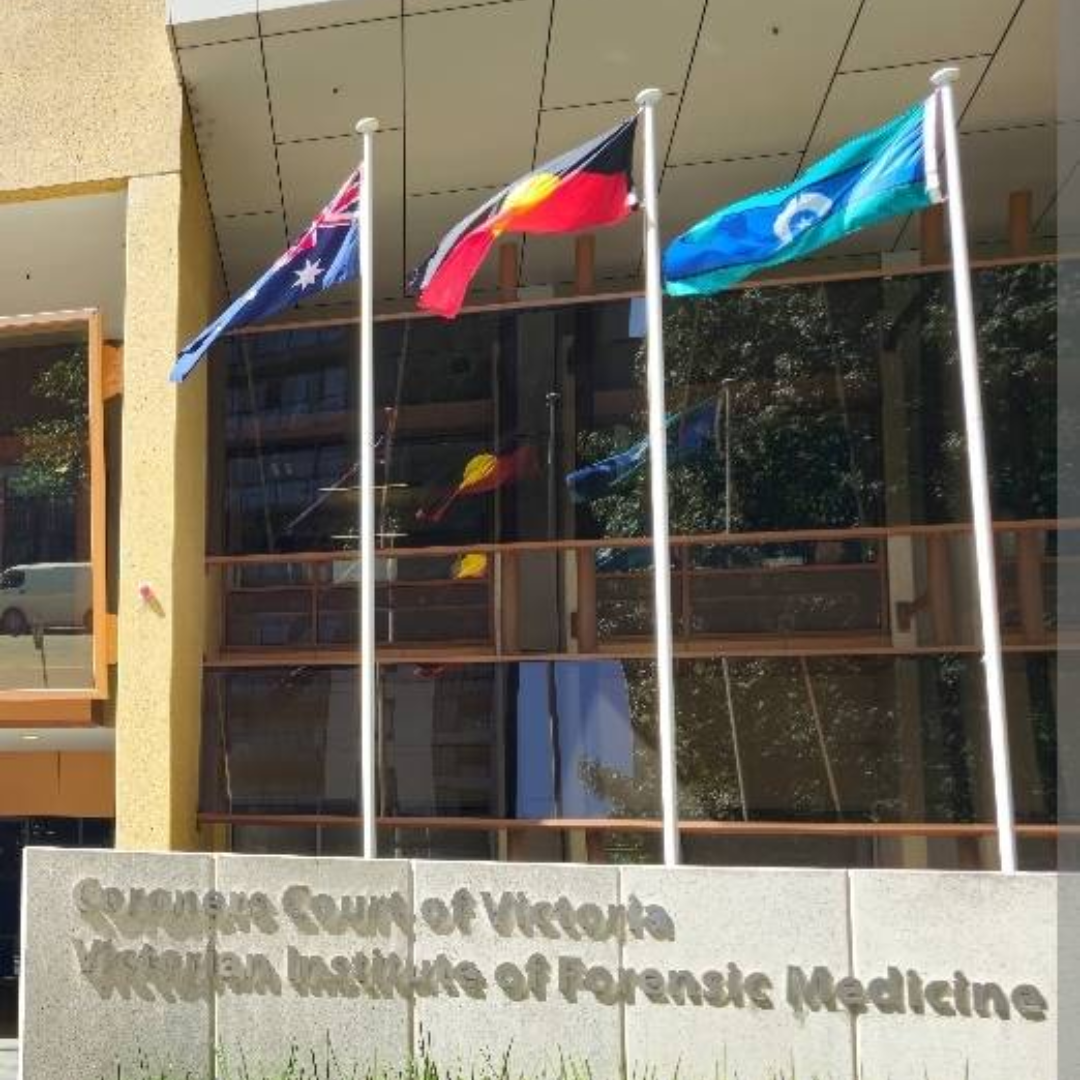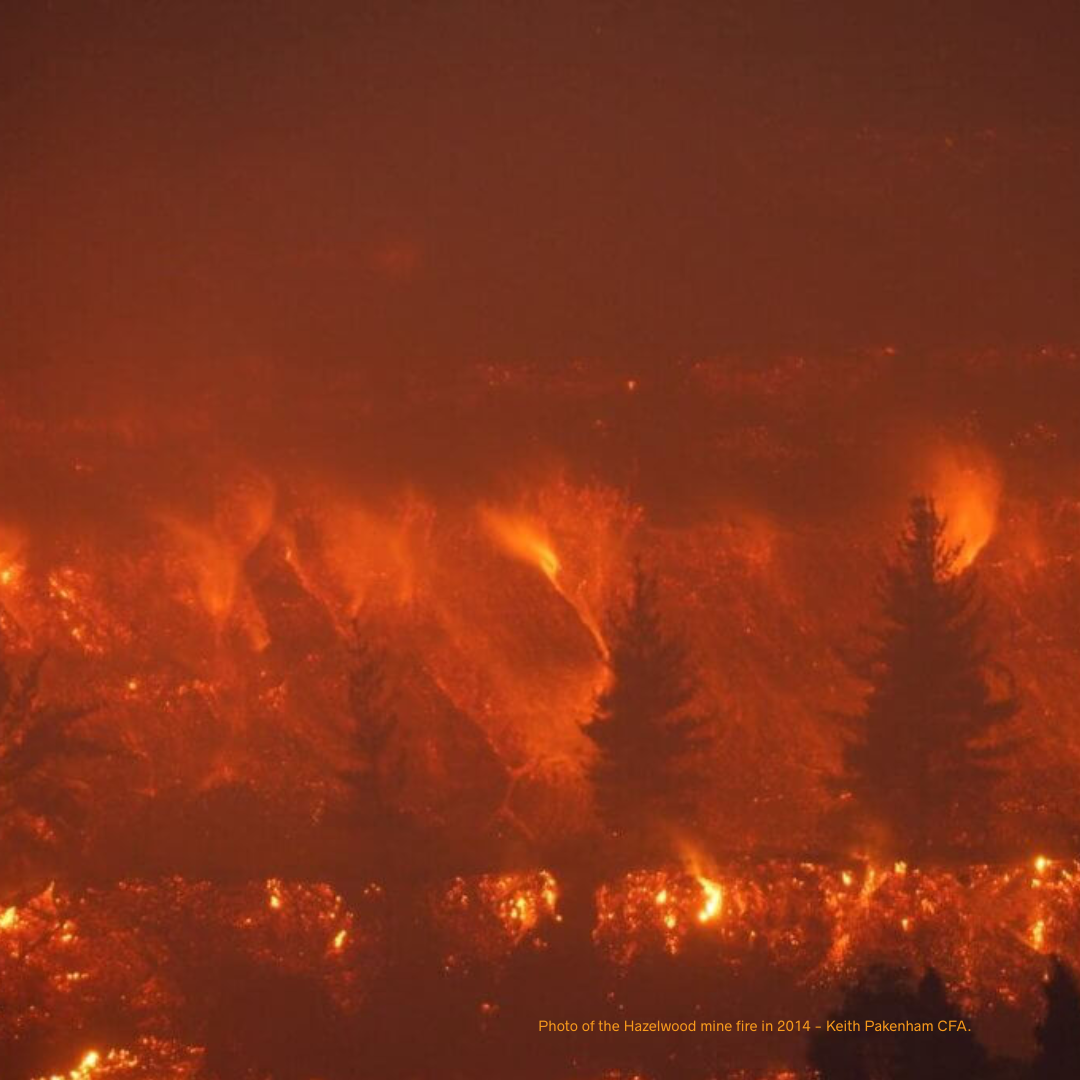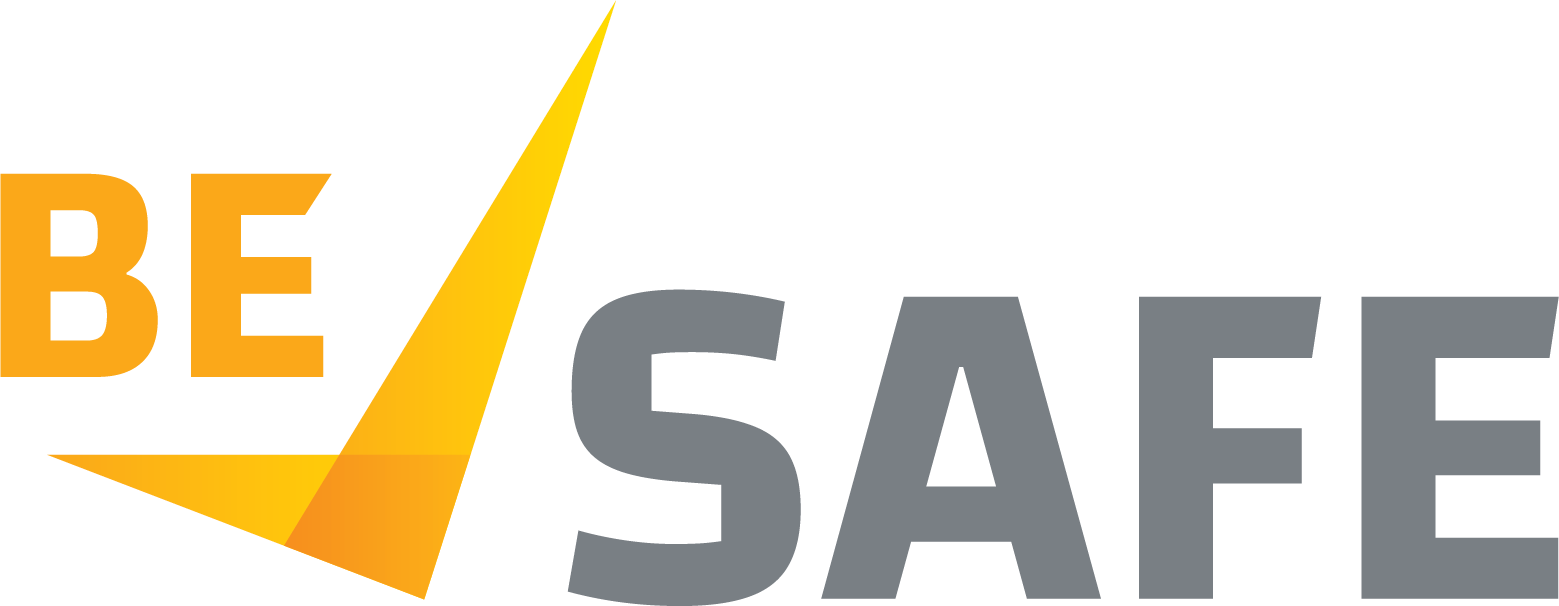The Safety Spotlight on Small Business
The rise of podcasts has made learning and information so accessible and learning about OHS is no different.
We came across the WorkSafe Act podcast ‘The Safety Spotlight’ episode on ‘Small Business’.
In this podcast, Jacqui Argius, the WorkSafe ACT Commissioner talks about safety in small business. She is joined by Michelle Boundy in a podcast led by Lish Fejer. They discuss a number of matters relating to safety in the small business environment, which are summarised below.
Small businesses are required to be compliant with safety legislation, no matter how small they are.
It is often the case that small businesses have less OHS expertise. Sometimes they may think that a serious incident ‘won’t happen here’. They may not have a good understanding of what their legal obligations are. Sometimes there may be a ‘fear factor’ about their lack of understanding of how to meet their legal obligations. They may think that they are too small to need proper systems.
But – just because they are small, this doesn’t mean that they don’t need to meet the same requirements as the larger businesses when it comes to safety, and this includes both physical and psychosocial safety.
Small businesses must also have WorkCover insurance.
Like in all businesses, consultation is key. ‘Talking to your workers’ is so important to ensuring a safe workplace. This includes ensuring that young workers and those from culturally and linguistically diverse backgrounds can understand. Guidance material regarding how to communicate safety information is available.
The importance of training is also covered. Small businesses must have an induction process and ongoing training for their workers. Employees must also be trained in how to report hazards.
The application of risk management systems and the hierarchy of controls is the same in small business as in any workplace, as is the concept of ‘reasonably practicable’. The commissioner highlights that the cost of implementing a control will not be considered to be important if a matter goes to court. The employer must eliminate or implement controls to all risks to health and safety.
The podcasters acknowledge that there are a myriad of pressures on small businesses – but highlight that this does not reduce their obligations in relation to safety. Nor does it exempt the business from enforcement by the regulator: ‘we will be regulating them the same as anyone else’.
Overall, the podcast highlights the need for small business owners to be pro-active and build a safety-first culture.
To listen to the WorkSafe ACT Small Business Podcast, check out: Ep. 2 - Small Business
There are many resources available to small business to ensure that they are providing and safe and healthy workplace. In Victoria these include:
- Getting some help from WorkSafe through the OHS Essentials program, which is free to small business and a great place to start.
- Accessing health and safety checklists as a way to begin a self-assessment.
- Reading about your obligations and legal requirements.
Take a look at the WorkSafe website to access these resources here: Small business | WorkSafe Victoria




